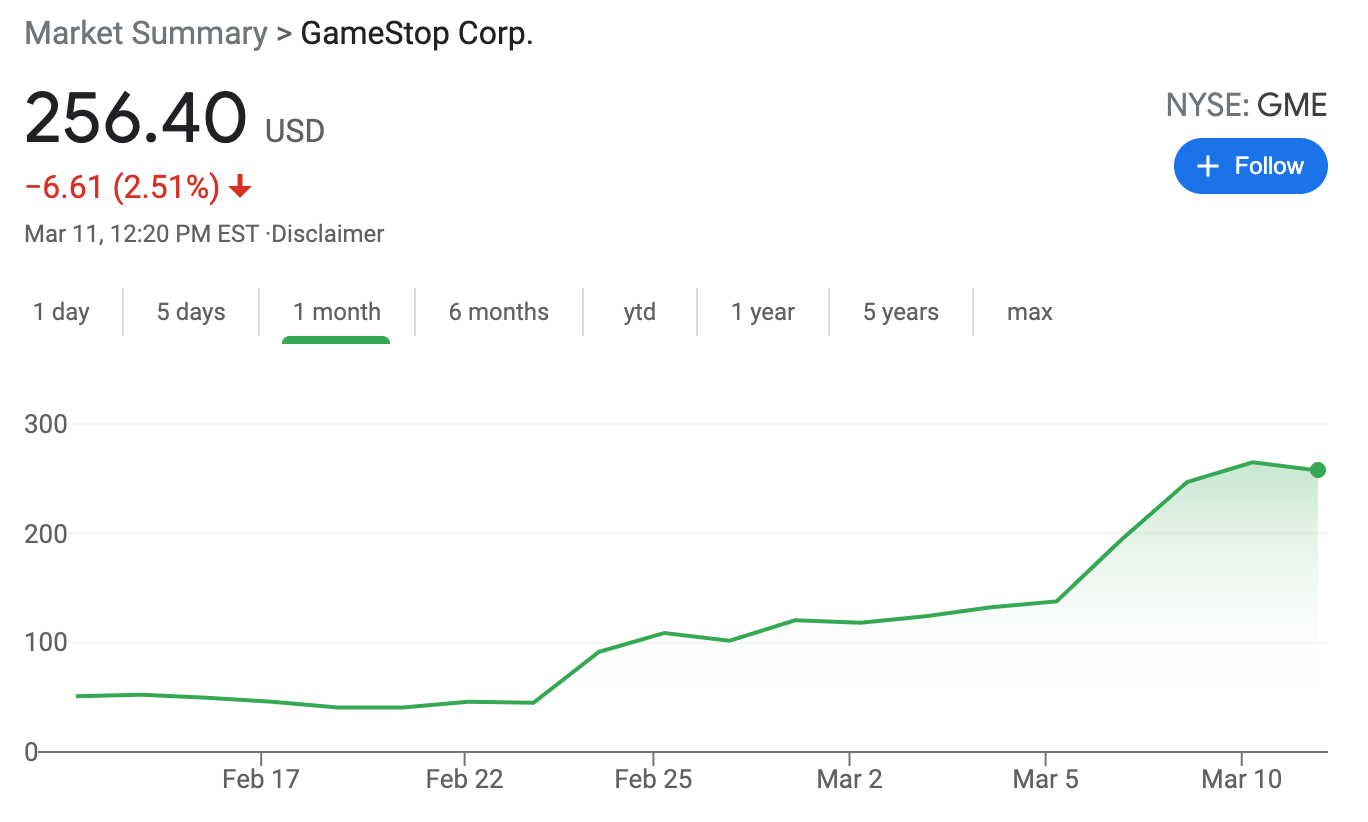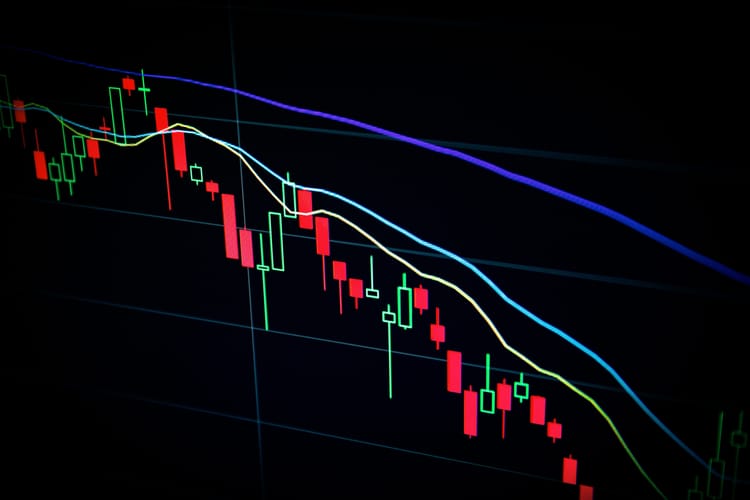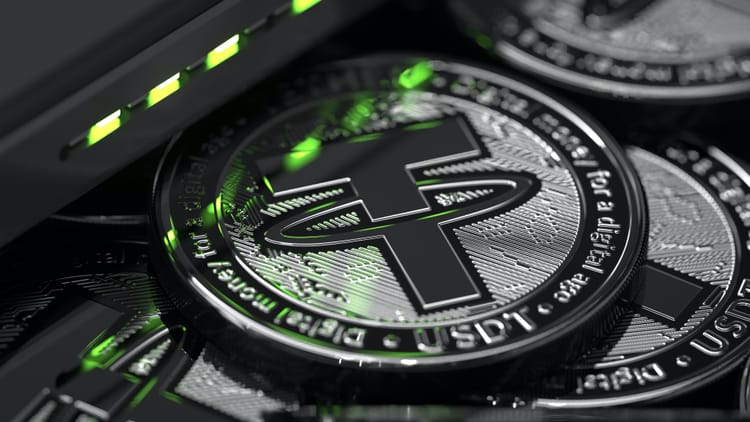GameStop 2: Electric Boogaloo
Congressional hearings are a waste of everyone’s time. When people become outraged about something in the news that they don’t understand – be it Facebook harvesting user data, Pharma Bro, or the retail trading frenzy regarding GameStop – Congress hauls up a scapegoat to atone for our societal sins. In a Girardian reading, this ritualistic sacrifice lends legitimacy to the main religion in the U.S. today: our contemporary political system.
The problem is that Congress is comprised of a bunch of old politicians. While they may have legal training, our Representatives and Senators have no understanding of technology, health care, finance, or any of the other complex systems that underpin society. So we’re stuck with Orrin Hatch being confused that Facebook makes money by running ads or David Scott arguing that it is Robinhood’s responsibility to monitor social media chatter to ensure investors on its platform are not being misled.

If I were king for a day, my GameStop inquisition would consist of the following people and questions.
Thomas Peterffy, Chairman of Interactive Brokers
Mr. Peterffy, in a viral interview on February 17th, you claimed, in reference to GameStop trading on Thursday, January 28th: “We have come dangerously close to the collapse of the entire system.”
Can you please elaborate? What would have happened in a worst-case scenario?
Michael Bodson, President and CEO of the DTCC
- Mr. Bodson, please describe in detail the function of the Depository Trust and Clearing Corporation, including its ownership structure and who has a financial interest in the firm.
- Please describe the need for capital requirements and the counterparty risk in T+2 settlement.
- Walk us through who assumes risk for making the end customer whole when any given actor in the system fails.
- Show us the models used to calculate capital requirements for your partner brokerages. How (and why) do these models differ between brokerages?
- What is a “fail-to-deliver” for a given security? What is the process for resolving them, and what are the consequences for the party that fails to deliver?
Bonus points for hauling up John Davidson, CEO of the Options Clearing Corporation, and repeating these questions with him.
Jerome Powell, Chairman of the Federal Reserve
Mr. Powell, your magical money printer has gone “brrr” for the past year. With the explosion in money supply, are you at all concerned about inflation in capital markets, as opposed to in a basket of consumer goods?
Given the fact that the printer is running as we speak, I assume the answer is “No”. In that case, please explain how your monetary policy helps Americans in the the lower 50% of income, the majority of whom do not own a home nor hold any stock (directly or indirectly)?
Matt Levine, Bloomberg Columnist
Mr. Levine, on January 25th, you explained how short interest can be greater than 100% of shares outstanding:
This does not necessarily mean a lot of people are doing evil illegal nefarious naked shorting! Really, I promise! There is no special limit on shorting at 100% of shares outstanding! Here is an explanation of how options market makers (discussed below) are allowed to short without a locate, but I want to offer an even simpler explanation. There are 100 shares. A owns 90 of them, B owns 10. A lends her 90 shares to C, who shorts them all to D. Now A owns 90 shares, B owns 10 and D owns 90—there are 100 shares outstanding, but190 shares show up on ownership lists. (The accounts balance because C owes 90 shares to A, giving C, in a sense, negative 90 shares.) Short interest is 90 shares out of 100 outstanding. Now D lends her 90 shares to E, who shorts them all to F. Now A owns 90, B 10, D 90 and F 90, for a total of 280 shares. Short interest is 180 shares out of 100 outstanding. No problem! No big deal! You can just keep re-borrowing the shares. F can lend them to G! It's fine.
What happens when all of these shares need to be covered in a small time frame – for example, were prime brokerages to trigger margin calls in rapid succession? If the float is lower than the number of shorted shares, hypothetically, how high could the price of the stock go?
Additionally, GameStop stock has been running up dramatically in price (from arguably a fair value of $40) over the past few weeks on essentially no news. See Exhibit A below.

Shares reached $346 in intraday trading yesterday (March 10, 2021), then tumbled to $198 (-43%) in 20 minutes. The stock closed at $265.
On February 1st, you said:
I don’t think, however many days we are into this nonsense, that GameStop is a particularly important story (though of course it’s a fun one!), or that it points to any deep problems in the financial markets. There have been bubbles, and corners, and short squeezes, and pump-and-dumps before. It happens; stuff goes up and then it goes down; prices are irrational for a while; financial capitalism survives.
But I tell you what, if we are still here in a month I will absolutely freak out. Stock prices can get totally disconnected from fundamental value for a while, it’s fine, we all have a good laugh. But if they stay that way forever, if everyone decides that cash flows are irrelevant and that the important factor in any stock is how much fun it is to trade, then … what are we all doing here?
Mr. Levine, are you freaking out yet?
Nancy Pelosi, Speaker of the House
Ms. Pelosi, according to the House of Representatives Financial Disclosure Reports, you and your husband regularly make sophisticated investments in publicly traded companies and their derivatives. My question for you is two-fold:
- What is your plan to address the rampant and blatant violations of the STOCK Act in Congress?
- Will you sponsor (and pass, given that Democrats now control the House, Senate, and White House) a bill that ensures our elected representatives are subject to harsher trading restrictions than investment professionals?
- Here's a good starting point: Any member of Congress must turn over all portfolio management decisions to a designated fiduciary representative. Communication of any non-public information to this fiduciary representative has a minimum penalty of a forced resignation, a lifetime ban from holding elected office in the future, and jail time.
Since we both know the answers to these are respectively “Nothing” and “No”, I have a third question: How can I get access to your trades in real-time, as opposed to with the monthly delay of official financial disclosures? I'm looking for only a fraction of your sweet, sweet tendies.
Eugene Fama, Nobel Laureate in Economics
It’s hackneyed to pick on the Efficient Market Hypothesis at this point. Dr. Fama, you are dismissed.
Keith Gill, a.k.a. Roaring Kitty, a.k.a u/DeepFuckingValue
You, sir, are a deep fucking legend.




